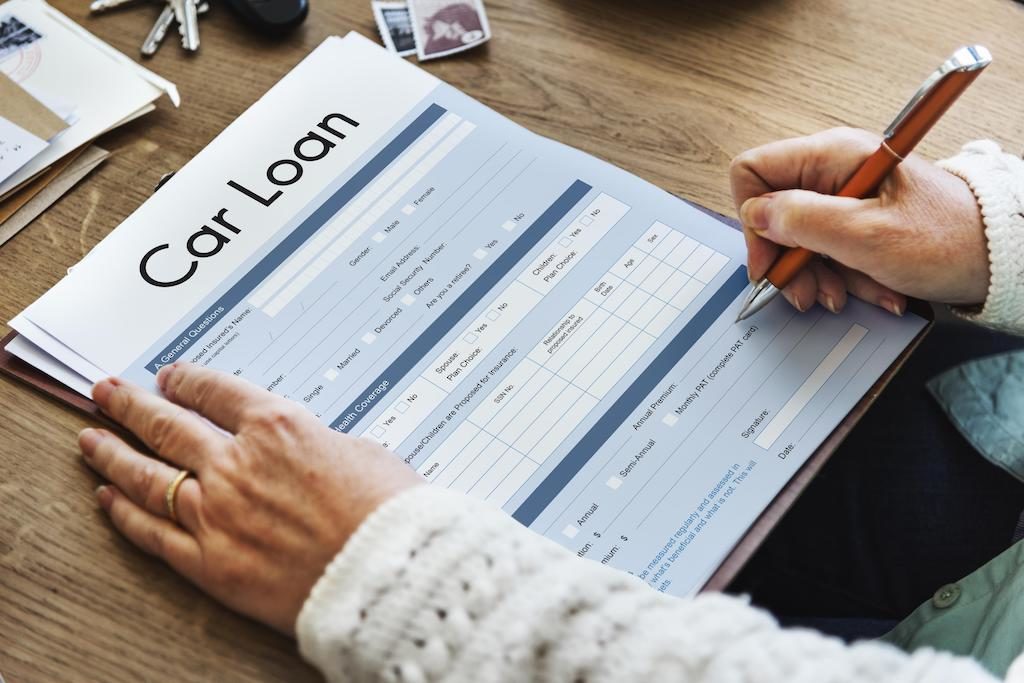If you’ve had credit problems in the past and need to get a new car, you might find yourself seeking what’s known in the financial industry as a subprime car loan. These can be a Godsend; or send you down the express lane on the highway to ruin.

The difference lies in the nature of the lender with whom you work. You also want to go into the process with as much information as possible. With those thoughts in mind, here are some questions to ask about subprime car loans.
1. What is a Subprime Car Loan?
The business of lending is predicated upon evaluating risk and hedging bets against it. FICO credit scores are the primary determining factor lenders employ to figure out how much risk they’re taking on.
Created by the Fair Isaac Corporation, they range from 300 to 850. A score of 700 or above reflects a good credit history. Subprime car loans are typically written for borrowers scoring between 620 and 550.
2. What Is the Interest Rate?
Lenders consider lower credit scores to mean higher risk, so they impose higher interest rates to compensate. As of this writing, the average interest rate applied to subprime car loans is 13.16 percent for new cars, 12.19 percent for used cars and 8.04 percent for a refinanced car loan. If the rates you’re hearing are considerably higher, keep shopping around.
3. What Are The Terms and Requirements?
In addition to higher interest, most subprime lenders require at least a 20 percent down payment. Borrowers with better credit ratings can usually get away with much less.
In most cases, subprime lenders are also far less tolerant of late and/or missed payments. Many will repossess cars quickly and with minimal notice. Some might even insist upon placing tracking devices and kill switches in cars to make reclaiming them easier to accomplish.
You might also encounter loan origination and other fees against which you may feel you have less negotiating room because of your credit history. However, there’s competition among subprime lenders too. Always shop around and read contracts carefully so you’ll know what will be expected of you.
4. What’s The Total Cost of the Car?
As you may have guessed, that higher interest rate will raise the total price you pay for the car, as will any associated fees dealers impose.
For example, if you get a $25,000 car with a $5000 (20 percent) down payment and finance it over 60 months at 13.16 percent, you’ll pay a total of $32,402 (excluding taxes and fees).
Now, let’s say your credit score is 700. That will currently get you an average interest rate of 4.26 percent on a new car loan. Your total purchase price would come to $27,240.80 (again, excluding taxes and fees).
Sometimes people feel the need to extend loans over longer durations to lower the monthly payments. However, this also increases the total cost
As an example, a loan would be $34,028.24 over 72 months at 13.16 percent. It would be an eye-widening $35,708.72 over 84 months. This is a full $10,708.72 more than the price of the car and $3,306 more than you’d pay over 60 months.
Gaining clarity on these four questions to ask about subprime car loans will help you manage yours in the best way possible. One last piece of advice: Avoid biting off more than you should chew. Don’t let the availability of a loan draw you into buying a Mercedes when a Corolla will serve you just fine until you get your finances back into Mercedes shape.








